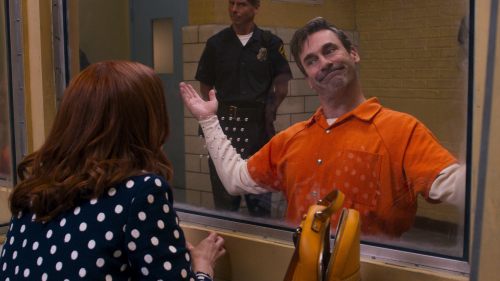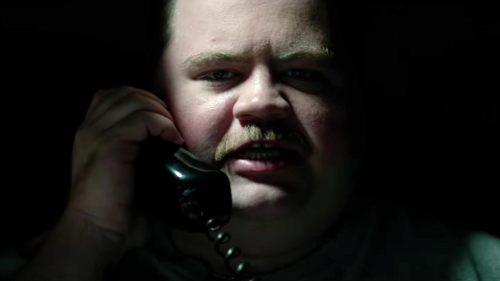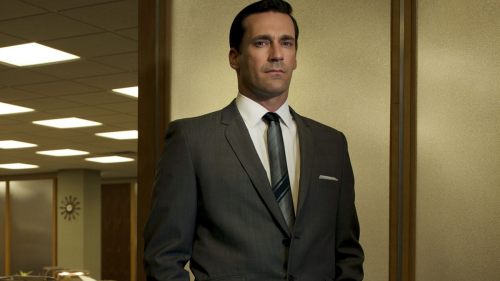TAG Review: The Staying Power Of Shallow Friendships
Tag is one of those strange-but-true stories that seems destined to make its way into fictionalized adaptation, the sort of premise so head-slappingly simple yet so eminently relatable that Hollywood is more than happy to turn it into the feel-good comedy of the year. Very loosely based on a human interest Wall Street Journal article, it's a film that contains everything from hilariously improvised dialogue to snappy, choreographed slapstick, and as a result it's a mainline rush of whatever sort of comedic fix you were hoping for. But there's a certain wasted potential in Tag that stares you right in the face the entire time, and, while this might be a strange thing to want from a comedy, I wish the film had the bravery to stop the jokes just long enough to display some emotional honesty.
The film follows a group of friends (Ed Helms, Jon Hamm, Jake Johnson, and Hannibal Buress) as they reunite every May for a game of tag, though they have never once managed in their thirty years of playing to tag their friend Jerry (Jeremy Renner). Now, with Jerry getting married and apparently retiring from the game with a perfect record, the gang gets together to attend his wedding while also planning to tag him one final time before the month of May passes and they lose their chance forever.
Tag is a film built around its characters and the jokes they tell, and the cast is all here and game as hell for the necessary shenanigans. Helms conveys the determination of someone way too invested in this game, even by the standards of his compatriots, while Buress steals every scene he's in with his deadpan lackadaisical observations and nonsequiturs. Hamm and Johnson play off one another admirably as a respectable businessman and a loveable stoner who push each other's buttons while they compete for the affections of a childhood sweetheart (Rashida Jones). And a special shout-out needs to be leveled toward Isla Fisher as Helms's character's wife, as her fierce competitive streak despite not being a player in the game is contagiously joyful.
But the real reason to see Tag are the extended slapstick sequences where Jerry avoids being tagged, as everyone's movements are slowed down and the inner monologues of the characters are played to brilliant effect. Director Jeff Tomsic has a lot of fun with how much more of a physically athletic performer Renner is compared to his more comically inclined castmates, and the effect draws a lot of inspiration from Guy Ritchie's Sherlock Holmes to maximum hilariously subversive effect. It's especially great to see how Jerry is always two steps ahead of his playmates, such as a scene where he ambushes the other players in the woods that is expressed with the joy of Bugs Bunny slyly outwitting an army of Elmer Fudds. (And if those rumors about Renner's broken arms being replaced by CGI counterparts are true, it's impressive work that I wasn't able to detect.)
But amongst all the jokes is a constant lip service to a theme that never feels adequately explored. A lot of dialogue is devoted to how the game brings them together and has kept the men in each other's lives for decades more than they might otherwise have been, but there's also a sense that by chasing each other away they don't actually spend any of that time getting to know what's happening in each other's lives. This is especially apparent in moments like when the guys follow Jerry to an Alcoholics Anonymous meeting, but whenever the film has an opportunity to explore that dynamic or to tell more jokes, it always chooses the jokes. This leaves the issue of their shallow friendships shallowly unexplored, and the film's ending suffers from an event of momentous gravity being treated with that same sort of flippant touch, which will undoubtedly leave some audience members a little uncomfortable with the irreverence even as the comedy delivers them to the finish line.
Still, for as slight and baffling as some of the plot choices are, the comedy is totally solid from beginning to end, so much so that you probably won't mind that a lot of the best gags were spoiled by the trailers. Tag isn't going to win anyone's recommendation as the best of the year, but as far as studio comedies go, you can do a hell of a lot worse, even if you're expected to check your brain at the cinema door to get the most of the experience.



